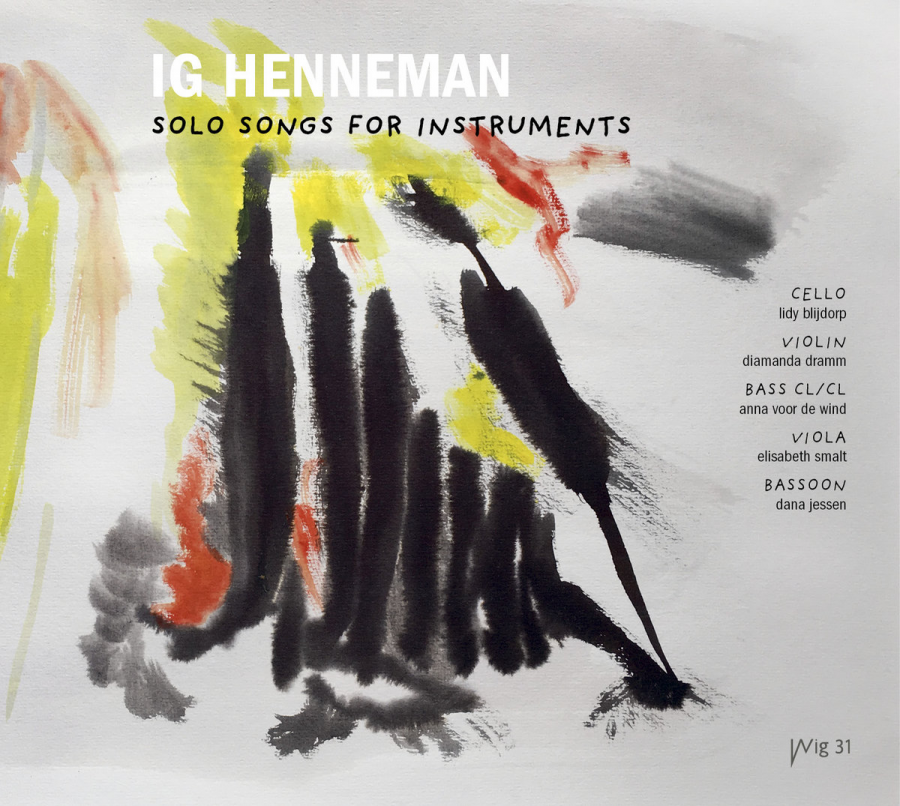Pandemic lets jazz collective reinvent the business of music
February 18, 2021
Much like when Tommy Flangan first saw the ever-shifting modulations of “Giant Steps” and drifted into confusion and inconstancy in his solo, we too have become confused and bewildered by this erratic and previously unthinkable pandemic. But that couldn’t be less true for a group of enterprising jazz and experimental musicians led by Chicago-based composer and multi-instrumentalist Ken Vandmark.
Members of the group Catalytic Sound have used the cancellation of their international tours as an opportunity to reinvent their collective to sustainably provide for each other. Through a new subscription streaming service, Catalytic Soundstream, two-thirds of all revenue is split equally among the group’s 30 musicians to provide higher pay than major streaming services.
For Mr. Vandermark, who spends half of every year touring internationally, the months spent at home have been no small change.
However, that all of the members of the co-op stopped touring at the same time turned out to be a great opportunity, Mr. Vandermark said. They could finally work in sync and find the web designers and lawyers needed to put into action ideas they originally formulated around 2018.
While Catalytic Sound began six years ago as a casual circle of musicians Mr. Vandermark knew, it has since become much more.
“The project started as just a record store, and without a plan organically built to become more inclusive, expand its conception and actually really become a collective,” Mr. Vandermark said.
Catalytic Soundstream offers subscribers a curated, rotating collection of 100 albums for $10 each month. The albums are a collection of exclusive new releases from the cooperative’s members and other similar musicians.
So that artists can expect a sustainable source of income from the platform, Catalytic Sound is capped at 30 members and led by the musicians themselves. And unlike other large streaming services, which pay royalties based on the number of times a track is streamed, the equal division of revenue means that the musicians can continue avant-garde projects without needing to worry about achieving mass popularity.
Percussionist-composer Claire Rousay, who recently joined the collective, said the group has been a welcome change from the rest of the industry, in which the economics of streaming music make it difficult for niche artists to sustain themselves.
“The best option we have right now is piling everybody’s resources and trusting each other because the trust has been broken in every other way,” she said. “You’re never gonna have a good relationship where Spotify listens to you.”
Mr. Vandermark said he has a similar sense of the importance of self-reliance for artists.
“As a musician, one of the things I learned from the punk rock scene is the whole DIY-aesthetic, ” Mr. Vandermark said. “I believe that when you’re doing music independently, the more you can rely on yourself and control your own work, and figure out how to make money from it so you can pay your bills, and be proud of it. Own it, really make it yours, creatively and economically — that’s crucial.”
Ms. Rousay said that she hopes the co-op might help other musicians.
“The future is pretty grim, and I don’t think things are gonna change in the next 5 to 10 years,” she said, “but maybe this micro-community, especially within weirdo creative experimental music, could maybe be a good example for how things could possibly work.”
Released Jan. 2, Catalytic Soundstream is now operational, and Mr. Vandermark says he is already thinking about improvements to take the collective even further.
“The whole Catalytic thing became more important because I saw it’s not just me trying to make this work. I’m trying to help it make it work for 29 other people,” he said. “And working together and cooperating we can do incredible things.”































































